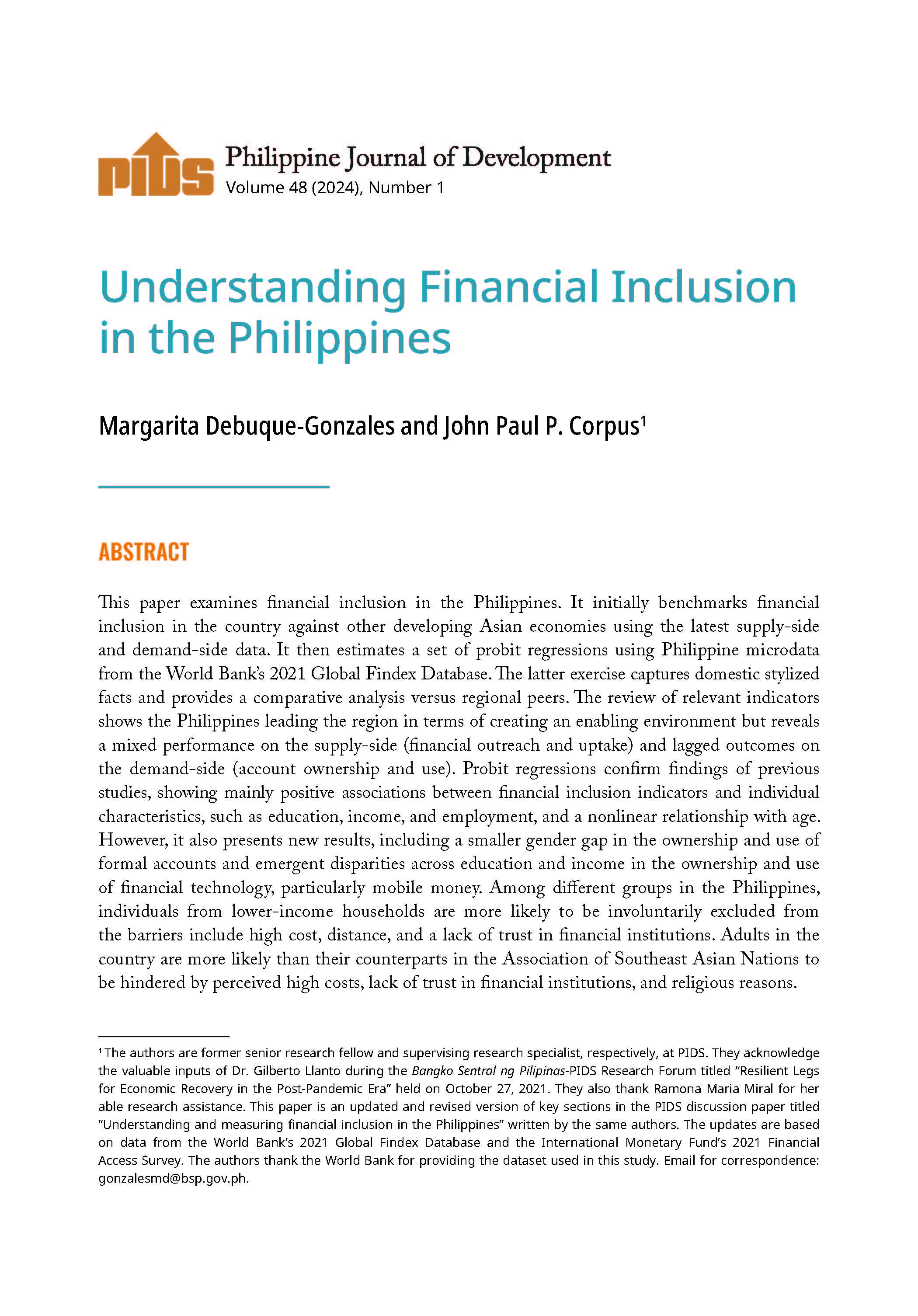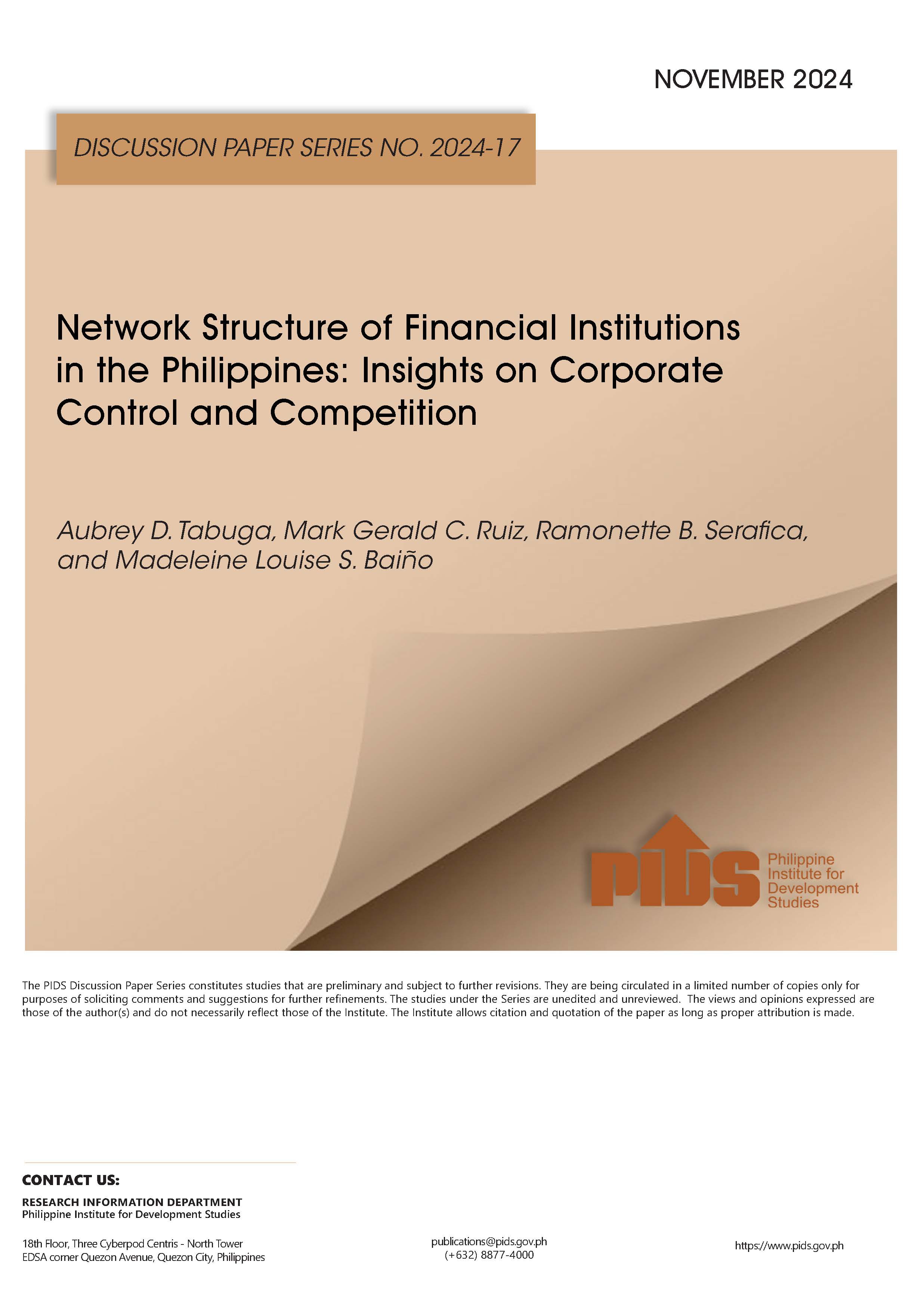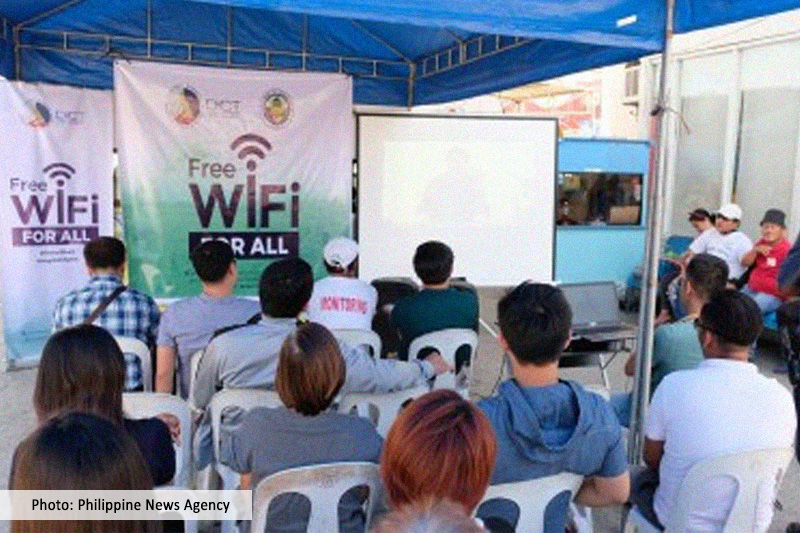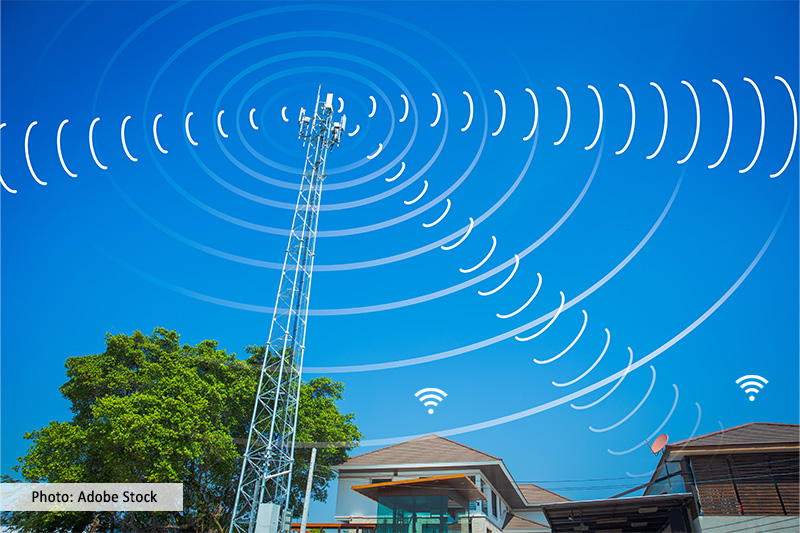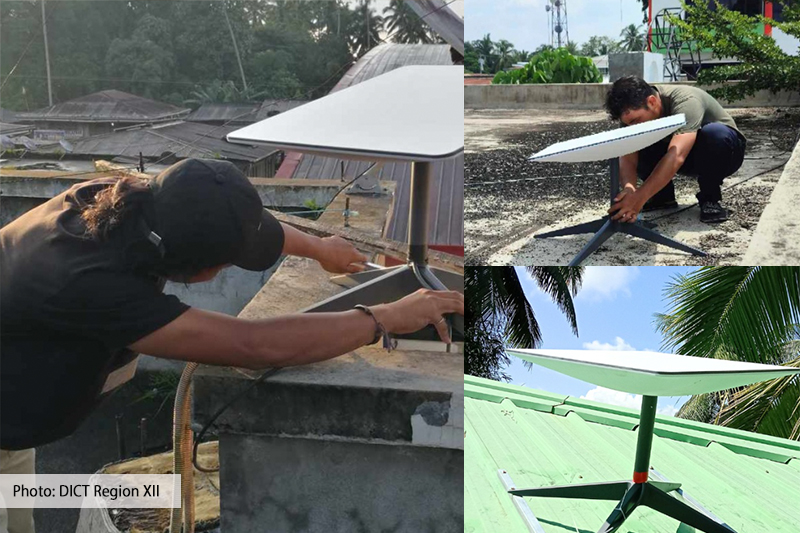The COVID-19 pandemic has accelerated the shift towards all-digital platforms which includes the increased usage of digital financial services by consumers in the Philippines (and globally).
Laura Ignacio, Director at the Center for Monetary and Financial Policy of the Bangko Sentral ng Pilipinas (BSP), confirmed that the nation’s reserve bank has seen a “growing preference for digital transactions [among Filipinos] as these are seen as safer and convenient [ways] in making payments and transferring funds.”
There’s been a significant increase in the number of online payment transactions being performed in the Philippines following the COVID-19 outbreak.
Ignacio, whose comments came during a panel discussion at the Annual Public Policy Conference organized by the Philippine Institute for Development Studies, noted that the rise in digital transactions and overall economic activity may be attributed to the financial support provided to SMEs by the Social Security System and assistance from the Department of Social Welfare and Development’s Social Amelioration Program. The Land Bank of the Philippines has been transferring disbursements to beneficiaries (digital payments sent directly to the recipient’s bank accounts).
Data also revealed that the total volume of ATM cash withdrawals has declined by nearly 30% for the initial 45 days of the quarantine or lockdown period (enforced after the COVID outbreak). The total volume of check payments also dropped by around 70% during this same time period.
The central bank of the Philippines has also reported a significant 688% increase (since November 2019) in the volume of EGov Pay transactions. As reported by the Philippines Information Agency, this facility has digitized key processes such as government collections and disbursements for taxes, licenses, and permits.
Ignacio stated:
“The use of electronic payments is greatly encouraged with the zero fees on PESONet and InstaPay, as well as with the digitization of payments for social benefits, wages, and transportation. The increase in digitization and the public’s acceptance and greater usage of these electronic platforms also promote financial inclusion, which is a major advocacy of the BSP.”
As covered recently, Southeast Asia (which includes the Philippines) has emerged as a Fintech hotspot with a compounded annual growth rate (CAGR) of 55% in equity funding, according to a new report.
ING Bank and UNICEF are planning to support Fintechs in the Philippines that aim to improve the financial lives of underprivileged children and local residents.
Ignacio added:
“With a balanced approach to financial innovation, the BSP strives to create an enabling environment for new technologies and digital transformation. Moreover, the regulations [must] continue to adjust to these developments, so as not to compromise consumer protection standards and ensure the welfare of the consumers.”
ATM Withdrawals and Check Payments in the Philippines have Declined as Digital Transactions Rise Significantly following COVID-19 Outbreak

